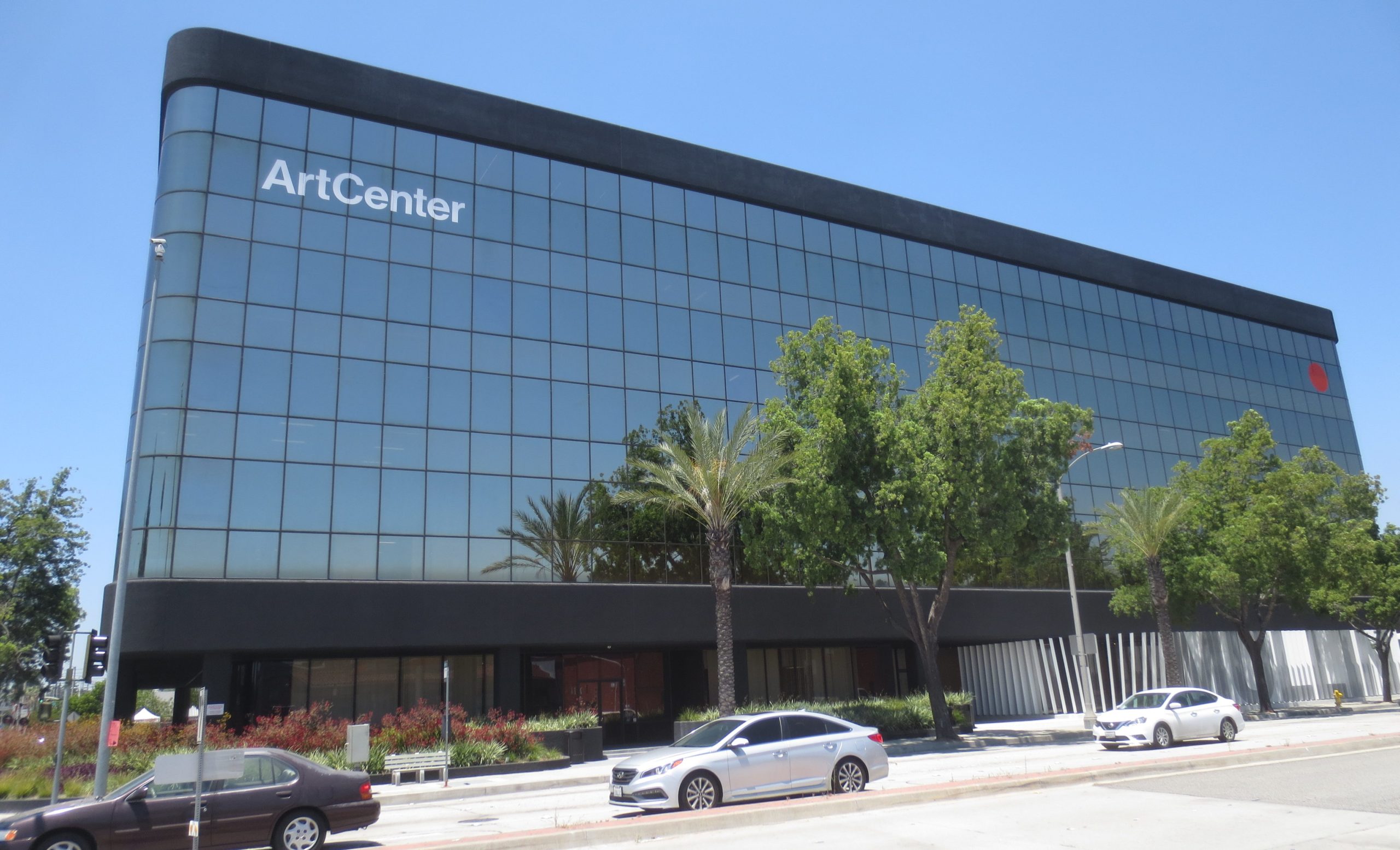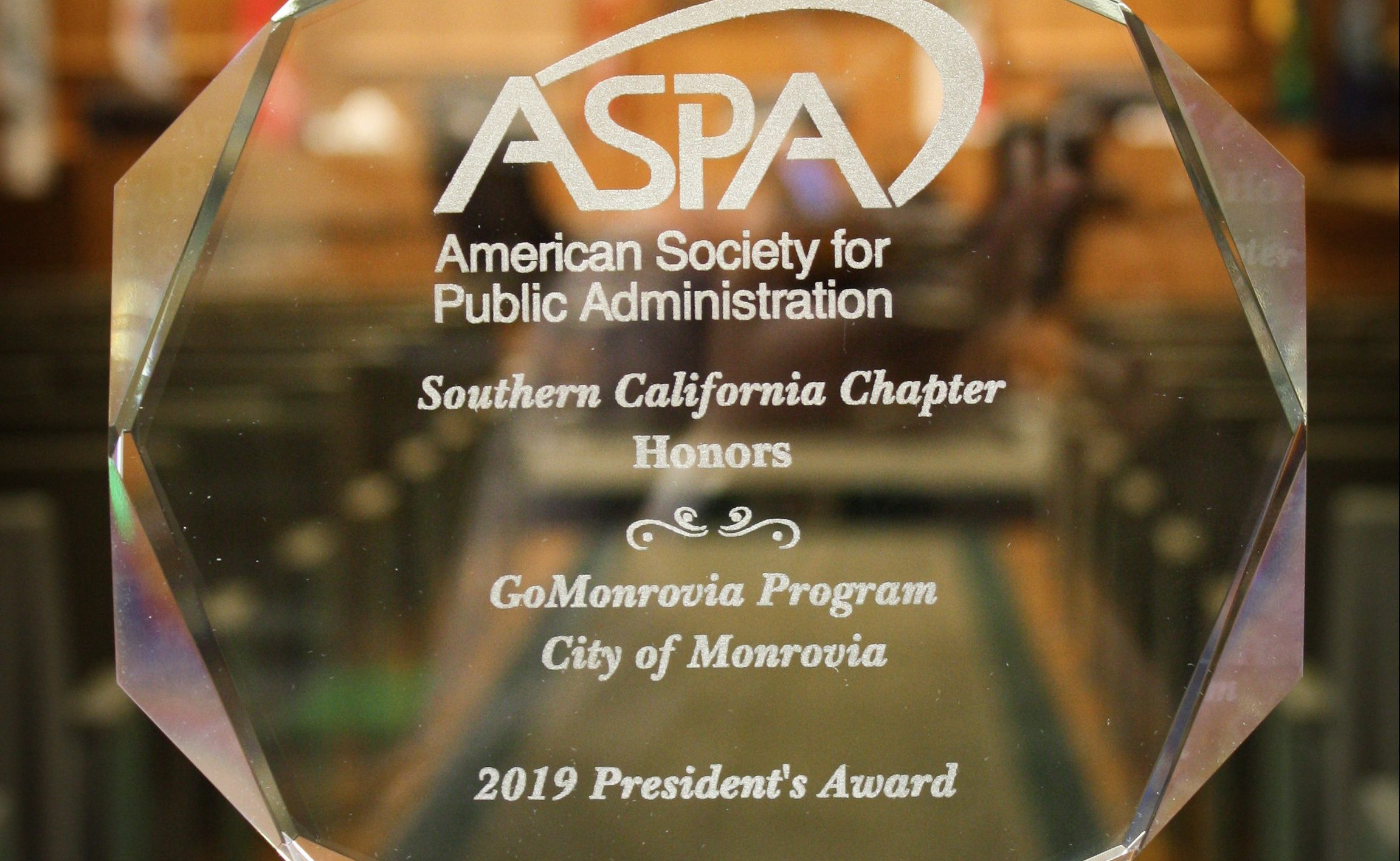
By Evan V. Symon
At their latest meeting held on July 15, the Pasadena City Council passed a policy requiring certain non-profits to adopt a “payment in lieu of taxes.”
The policy states that non-profit organizations that have development agreements with Pasadena will pay an annual Public Benefit Payment. The only institution to be affected by this policy will be the ArtCenter.
Planning and Community Development Director David Reyes said that the Public Benefit Payment resulted from the large demand of services from the new ArtCenter development. The new ArtCenter development, part of a 15 year master plan, consists of four new buildings bringing in new housing for 850 students. Pasadena will receive $50,000 per new building every year under the policy, or $200,000 annually.
Both Reyes and Mayor Terry Tornek stressed that this new policy will not cover all non-profits, but only those with development agreements. They also further stressed that such agreements are mutual, and cannot be forced to enter.
After further questioning from Councilmember Gene Masuda over development agreements in the city, Director Reyes revealed that there have been only seven development agreements in Pasadena’s entire history, three of whom are non-profits. Out of those three — which are the ArtCenter, the Simon Norton Museum, and Fuller Theological Seminary — only the ArtCenter would be paying a Public Benefit Payment. Director Reyes also stated that only new non-profit developments with development agreements would be affected in the future.
Councilmember Steve Madison expressed his concerns over the issue. He stressed that the council had previously only discussed an exploratory look into payments in lieu of taxes for non-profits and that the ArtCenter should use the money it would pay as a Public Benefit Payment to “provide those public benefits to the community in other ways.” He also conveyed his unease that the Public Benefit Payment is a tax.
“It’s a dangerous area to give so much discretion to the city to impose taxes essentially on institutions that are legally exempt from taxes,” said Madison, “so these exemptions are not something that the city of Pasadena grants. Under state law these are exempt.”
Councilmember Margaret McAustin, while welcoming the additional units and students the ArtCenter provides, pointed out that the 850 units of housing being added by the ArtCenter are creating a drain on resources.
“We don’t have any way of receiving reimbursement for that extra expense,” she said, “they have to be inspected for fire, they have to control a fire if a fire is there, police services, and all the municipal services that we offer.”
Councilmember McAustin further stated that while it may not seem fair “across the board,” the Public Benefit Payment “makes sense” in this case.

Councilmember Victor Gordo noted that citizens would be asked to pick up the cost of the extra city services if there was no Public Benefit Payment, giving examples such as the greater use of streets, redesigning of traffic signals, and pressure on local parks.
Council also heard testimony from Caltech External Relations Officer Ken Hargreaves. Hargreaves said that Caltech and Pasadena have had a symbiotic relationship since the 1800s and that there have been mutual benefits much like the ArtCenter. He also stated that if any Public Benefit Payment for tax-exempt institutions were passed, it would be like “the camel’s nose under the tent.”
Councilmember John Kennedy immediately questioned this, as he did not see how this affected Caltech. Caltech does not have a development agreement with the city like the ArtCenter does.
Councilmembers also began questioning details of the policy. Councilmember Gordo, while agreeing with the policy, thought that they should apply Public Benefit Payments on a case by case basis. Councilmember McAustin, who also agreed with the policy, called for the policy to be “fleshed out” and be more specific.
The council agreed they wanted to see more of the policy in detail, or in City Manager Steven Mermell’s words, “More meat on the bones.” Mayor Tornek then called for a vote on passing it, leaving the final approval vote for September. It was subsequently adopted, with objections from Councilmembers Madison and Masuda.
While the Public Benefit Payment Policy took up the majority of the council session, other items were passed. A city services contract with Security and Courier Services for $4.8 million over a five year extended contract was scrutinized by Vice Mayor Tyron Hampton over what the duties of security personnel were. Confusion came over the security members’ job duty of closing parks and restrooms.
Public Works Administrator Randy Rich gave testimony saying that the security guards mainly worked at City Hall and parking structures throughout the city, and that locking up parks at night was only a small duty of theirs. Vice Mayor Hampton said he was still concerned about park safety at night, and asked how much more it would cost for security members to walk parks telling people there that they were closed. After a promise from City Manager Mermell to look into it, the item was passed.
Other adoptions included a Thornton Ladd designed house located at 280 California Terrace being approved as a landmark to no council opposition, three air parcel approvals for housing projects, and five more purchase orders and contracts being approved for a total of $1,001,635.







